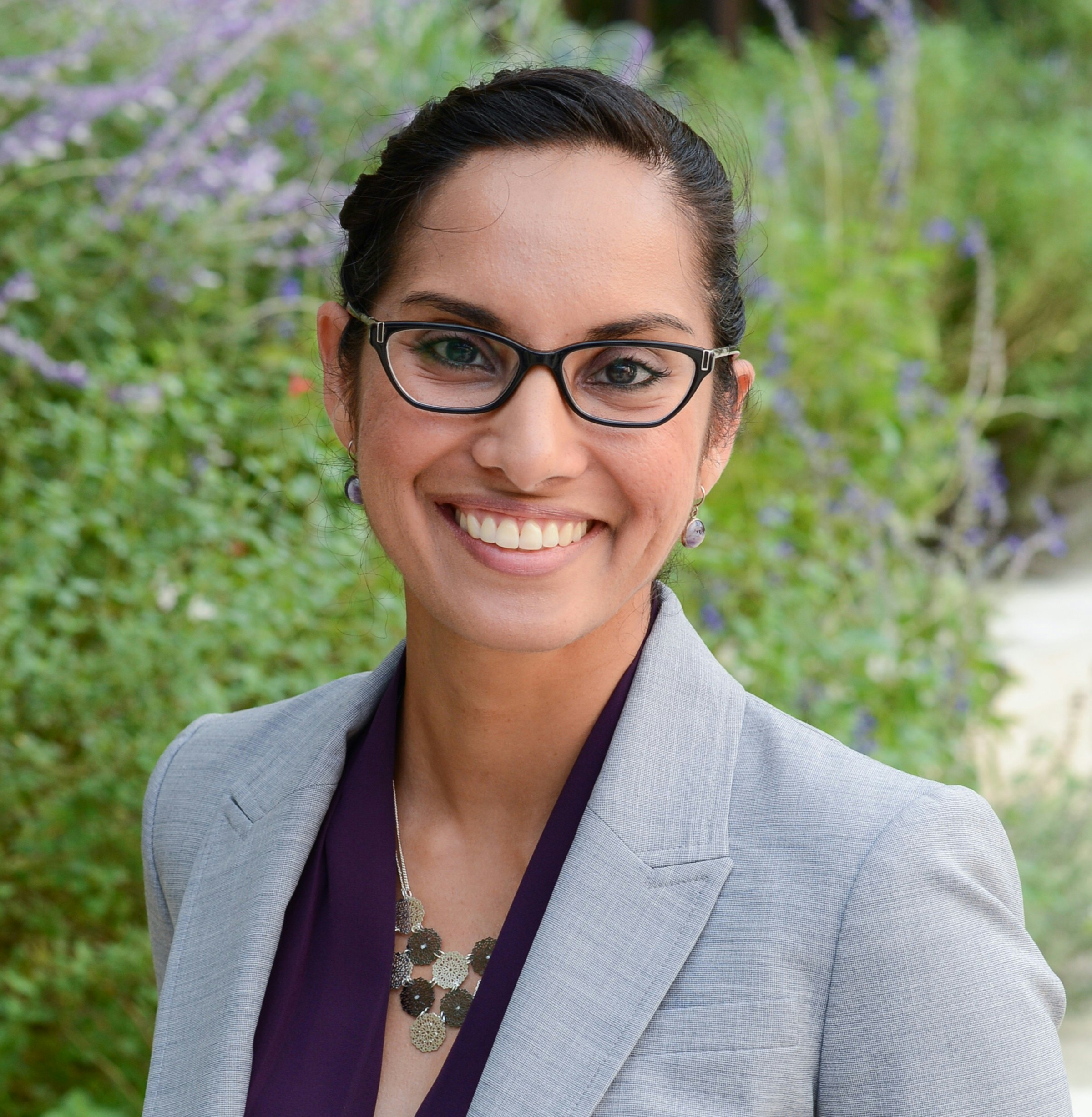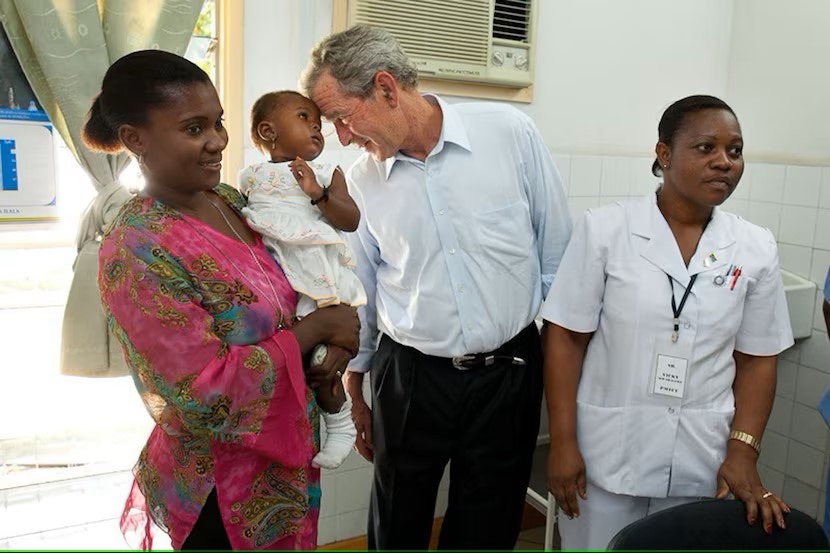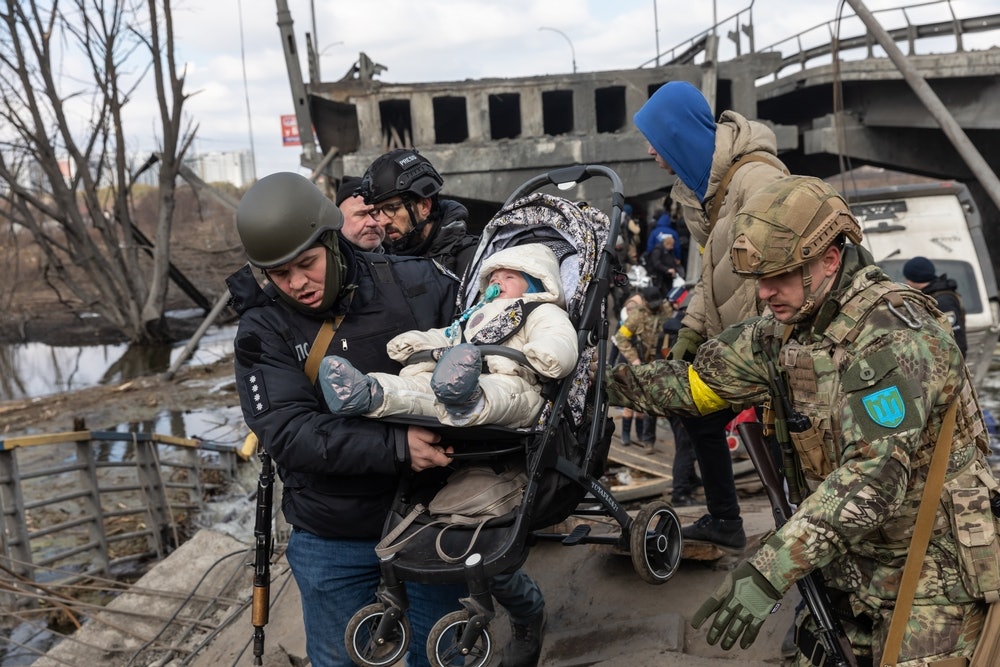Bush Institute's Farhat Popal shares the lessons she learned about coping in unique and trying circumstances during her time spent in Afghanistan.
As with many of you, our three-week (or longer) lockdown began this week amid the COVID-19 pandemic. Only a few days in, I have begun to feel an odd sense of familiarity with this alternate version of reality. Being in an enclosed space for an extended period, a low level of adrenaline coursing through your body at all times because of heightened fear and anxiety, worrying about your safety and the safety of the community, not having much to do and least of all being able to go outside freely…it’s Afghanistan as a frontline civilian. Albeit, a much, much more comfortable version.
Between 2011 and 2016, I traveled to Afghanistan six times for two jobs. My shortest trip was one week, and my longest was nine months. I lived in a shipping container named after one of the 50 states, surrounded by barbed wire and T-walls. It was a challenging and isolating time, but also allowed for thoughtful reflection and growth in ways I could never have imagined.
One of the most important things I learned during those deployments is how to cope under unique and trying circumstances. I am sharing some of those lessons here, in the event it helps those of you who may be struggling, those of you who are looking for ways to mentally prepare, or those of you who simply need a reminder that they can get through this.
- You must reach out to friends and family when you need emotional support, and that is not something to be ashamed of. I thought I could “handle it” myself after a traumatic event during my first trip, and I was wrong. The benefit here is that you have people in your life who understand how you feel because they are likely experiencing it themselves. Call, text, email, or video chat them.
- Think about your coping mechanisms before you need them. It was the gym for me in Afghanistan, and that’s not an option under current circumstances. But you can take a walk/go for a run outside, put on a (free) 30-minute YouTube video to do any manner of exercises in your home, or just do some jumping jacks and crunches until your legs and abs hurt. Does doodling or coloring/painting help you feel calm? Take out that scratch paper. Does the sound of running water? Put on a video or playlist of the sound of waves crashing or a fountain bubbling. There are so many healthy, productive options out there for creating your own “feel better” list.
- Remind yourself of all the things you’re grateful for and remain optimistic. Any time I’ve been through something painful or difficult, I am reminded that the most beautiful part of being human is humanity itself – the people around us who show us love, warmth, and care when we need it most. What are you most grateful for? How can you grow—as a person, a professional, a parent, a friend, a family member—during this time?
- Do something for others. I’m not sure that I did much of anything for others in Afghanistan, but I am grateful for the moments when I got to truly connect with Afghan women working at the U.S. Embassy. They were inspirational and courageous, and I hope that taking a moment to listen meant something to them. There are so many concrete things we can do for our neighbors right now: check on the elderly and offer to run errands for them; donate to organizations that are trying to help the most vulnerable, including people who may very likely lose their jobs; record yourself reading a children’s book and post it online for your friends’ kids to watch, advocate for our country’s health care workers and their need for better access to personal protective equipment, and so much more. You are not helpless, and your voice still matters.
These are uncharted waters. While temporary deployments to Afghanistan are not quite the same, they offer insights into managing the circumstances we currently face and may face for quite a while. Perhaps the most valuable lesson I learned? Humans can adapt in miraculous ways, endure under demanding pressures, and come out on the other side more resilient, more wise, and more aware of what is important in life. We are always stronger than we think we are.




























